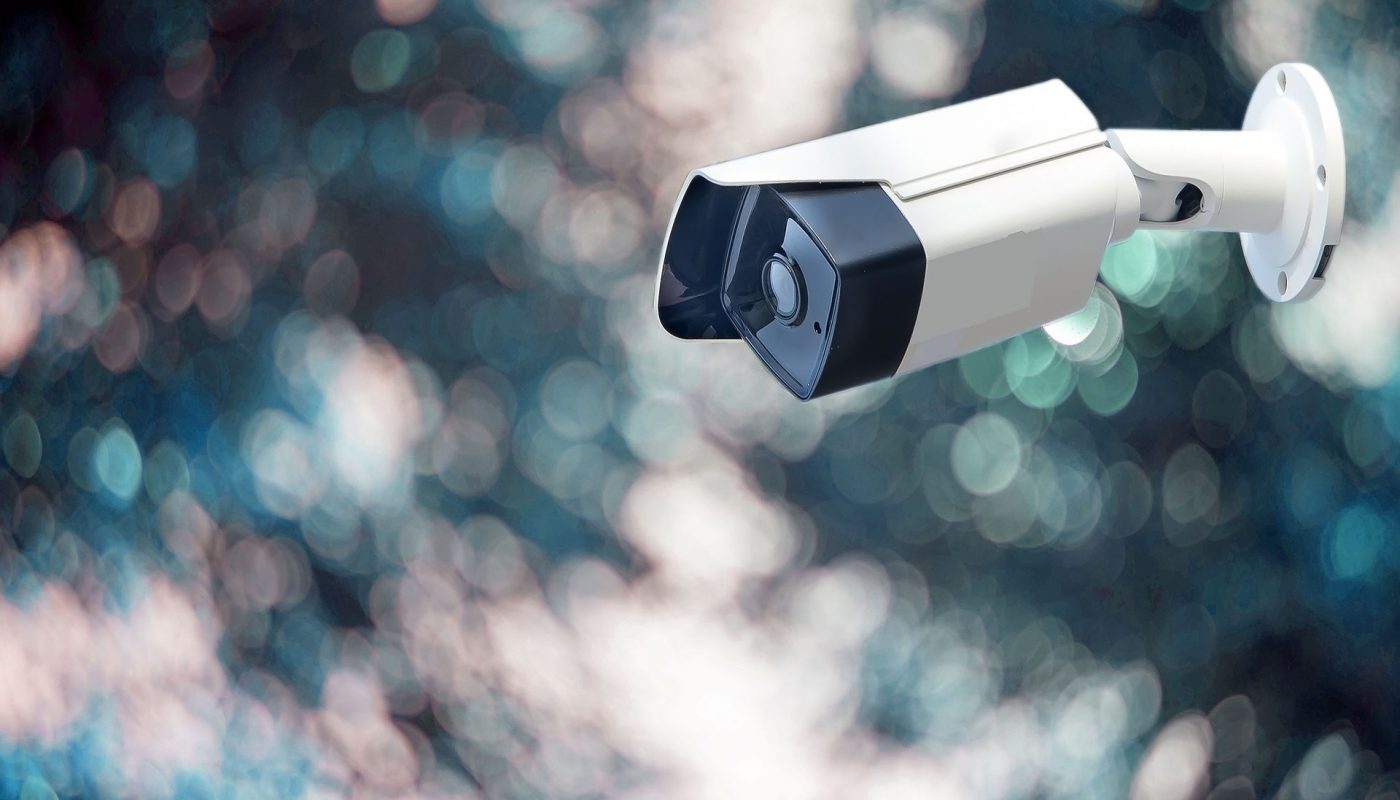How can I begin using CCTV Cameras? If you choose CCTV, you may purchase cameras alone or as part of a larger security package. A connected camera with a 5-metre night-vision range costs roughly £20, while a vandal-proof camera costs around £450. Depending on the sort of camera you pick, you’ll need to purchase accessories like connectors and a digital video recorder (DVR) to save and examine the film. Dummy cameras are also available for roughly £10. CCTV is only one line of defense against crime, and it is most effective when used in conjunction with other security measures like a burglar alarm, door and window locks, gravel surrounding your property, and security lighting. Click here for CCTV camera installation.
Security camera types compared
Wired home security cameras
These are the most frequent cameras, and they are the ones that are most immediately identified as typical CCTV cameras. They’re commonly mounted on a wall or outside, and a wire links the camera to the display immediately. The wiring, including extension cables and connections, might be difficult to install on the bottom.
Wireless security cameras
Cameras transfer photos to your computer, tablet, or smartphone utilising digital technology in this system. Many smart security cameras connect to an app that allows you to keep an eye on your property while you’re away. Although we refer to them as “wireless,” the term relates to how they send and receive data. They may require a physical wire to connect to the power source. Keep in mind that your camera is only as good as your home internet connection. As a result, if your internet connection is lost, your camera coverage may be disrupted.
Indoor and outdoor cameras.
If you want a security camera for your home’s outside, whether it’s a CCTV or a wireless type, be sure it’s waterproof and has the necessary IP rating of 66. There are battery-powered wireless cameras available, but you’ll need to link the camera to a power source otherwise, so keep that in mind before installing. Make sure your cameras are placed in a secure location that is nevertheless accessible for maintenance and cleaning. Vandal-proof cameras are available, although they are more expensive. Indoor CCTV is available in three different configurations: wired, wireless, and powerline networked. These cameras hook into your electrical outlets and send pictures to a storage device.
Home security cameras footage resolution
The resolution of a CCTV camera is measured in lines; the greater the number, the clearer the image. Image quality is also influenced by the camera’s chip size and kind. Smaller CMOS chips, such as 1/4″ and 1/3″, are often of inferior quality than larger CCD chips. Cameras with little chips also have a harder time picking up light, resulting in lower-quality photographs in low light. The lux ranges from 130,000 to 0.001 lux. The lower the lux, the better the camera will be in recording in low-light situations. You’ll need high-resolution photos that can be used to identify someone – If CCTV video is to be used in court as evidence. A high resolution is required for the greatest detail, but this makes the camera more expensive and takes up a lot of storage space. Also, double-check that the date and time used to ‘tag’ photographs are correct.
Features of a home security camera: The majority of CCTV systems rely on a PC hard drive or a separate digital video recorder for storage (DVR). The primary benefit of PC-connected devices is that they frequently include software for viewing the photographs. This feature is also available on several DVR-based systems.
Make sure your system supports picture storage in a commonly used format, such as Mpeg. If photos must be downloaded and seen on other systems, such as those used by the police, there may be issues. Also, if you acquire a camera that can record high-quality photos, ensure the PC or DVR can record them as well.
Remote access: Using a PC or smartphone, you may view photos from wireless security cameras via the internet. When cameras are active, you can also receive email or text notifications.
Motion detection: Some CCTV cameras contain a sensor that detects movement and turns them on. This is useful if you want to limit the quantity of footage you have.
Privacy and CCTV
You must follow privacy rules if you want to install a home CCTV system for the outside of your home. This entails ensuring that your cameras are not directed at public areas, as well as other people’s homes or gardens. It’s a good idea to talk to your neighbours about any CCTV ideas you have — some Which? members informed us that they share a system with their neighbours, which may be a smart way to save money.


